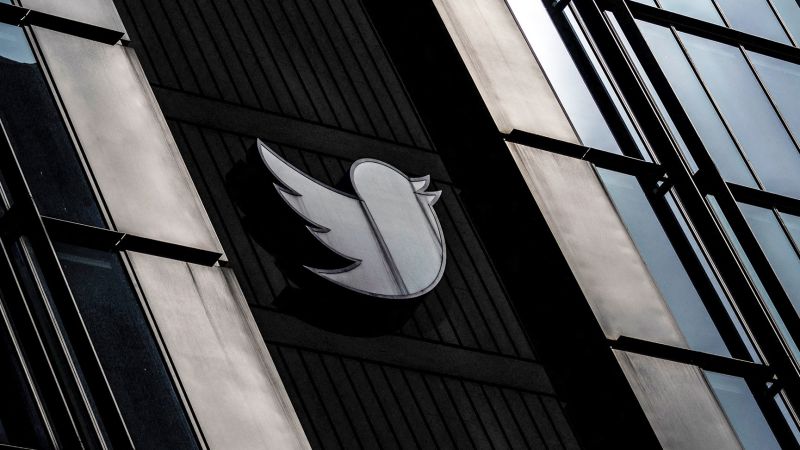

CNN
—
More than three years ago, Twitter prohibited political and issue-based ads amid broader concerns that politicians could pay to target social media users with false or misleading information.
Now, under its new owner Elon Musk, the company is easing that ban, in a move that could provide Twitter a much-needed sales boost at a time when Musk is urgently searching for new revenue streams. But it comes with some risks: the policy change could expose users to threats the company has previously said it may not be able to address, including spreading AI-created deep fakes and other sophisticated attempts to manipulate the platform.
On Tuesday, Twitter announced it would relax its ban on issue ads, saying “cause-based advertising can facilitate public conversation around important topics.” Twitter added that it would “expand the political advertising we permit in the coming weeks,” with a pledge to share “more details as this work progresses.” The company said its advertising policies going forward would resemble those of other media, including television.
Political advertising has never been a significant source of revenue for the company — it made less than $3 million from political ads in 2018, the year before the ban took effect. But Musk needs every little bit of revenue he can find.
Since his takeover of the company in October, numerous brands have paused their advertising on Twitter amid fears that Musk’s approach to content moderation could lead to ads appearing beside hate speech and other incendiary content. In November, as the company underwent mass layoffs to cut costs, Musk claimed that Twitter was losing $4 million a day.
Musk, who has previously expressed his dislike of advertising generally, has tried to improve Twitter’s financial position by rushing out a controversial subscription option to pay for a verified account, among other paid perks. But advertising has historically made up nearly all of Twitter’s revenue, and replacing it could take a long time.
Welcoming paid issue advocacy and political advertising to the platform once more could ease some of the effects of the advertiser revolt. It could also give new political candidates a leg up against established incumbents by allowing them to increase their exposure through paid promotion.
But it may also lead to some of the unintended consequences former Twitter CEO Jack Dorsey warned about when he first announced the advertising restrictions in 2019.
At the time, Dorsey said internet advertising is not at all like traditional forms of advertising because it enables new ways to target individuals with specific messages. It also opens up new opportunities for malicious actors to use technology to game the system.
“Internet political ads present entirely new challenges to civic discourse: machine learning-based optimization of messaging and micro-targeting, unchecked misleading information, and deep fakes. All at increasing velocity, sophistication, and overwhelming scale,” Dorsey said.
Until now, Twitter’s approach to political advertising diverged from that of Facebook, which has attracted widespread criticism for its policy exempting political ads from fact-checking — effectively allowing politicians to lie in ads. Now Twitter’s change could create an environment that’s more similar to Facebook’s.
Misinformation and platform manipulation are not unique to social media or to political messaging, Dorsey previously argued, but allowing money into the equation will complicate efforts to limit the impact of those harms.
Now, after Twitter has laid off big chunks of its staff, including those who handle trust, safety and content moderation, the company may be even less equipped to deal with the potential fallout.
